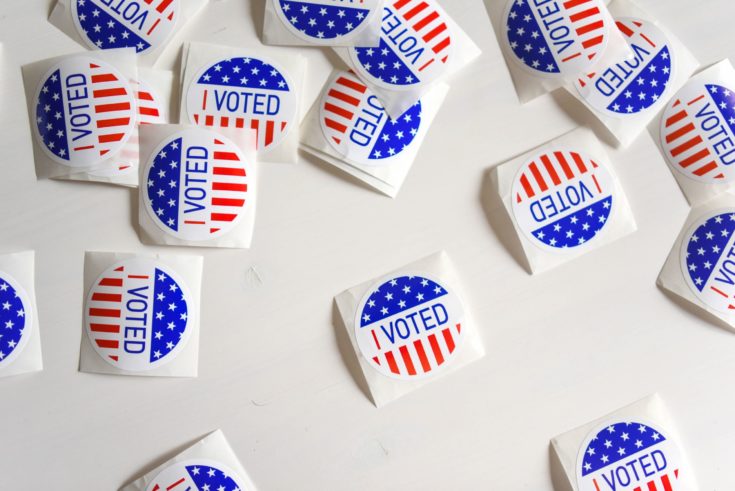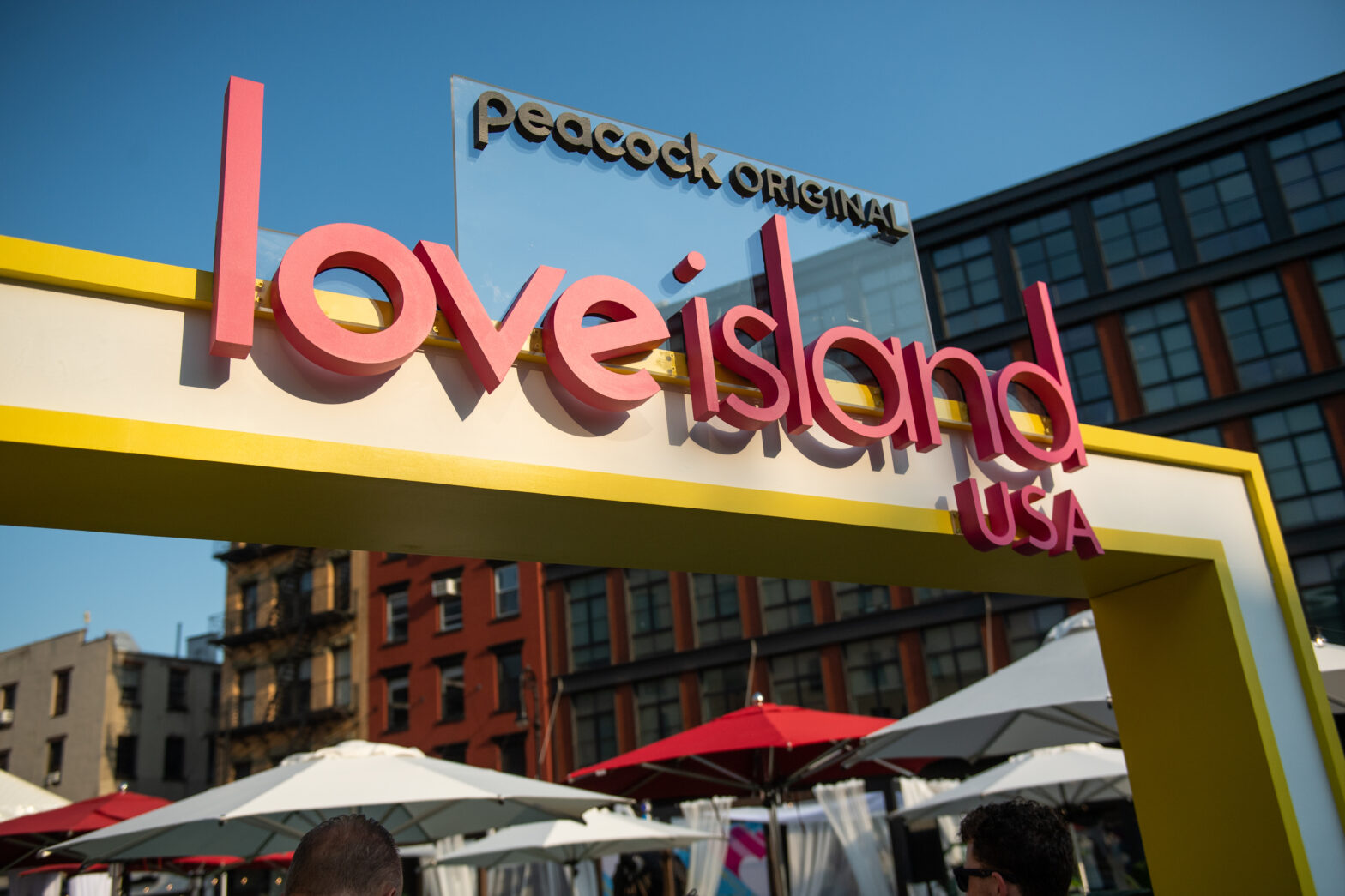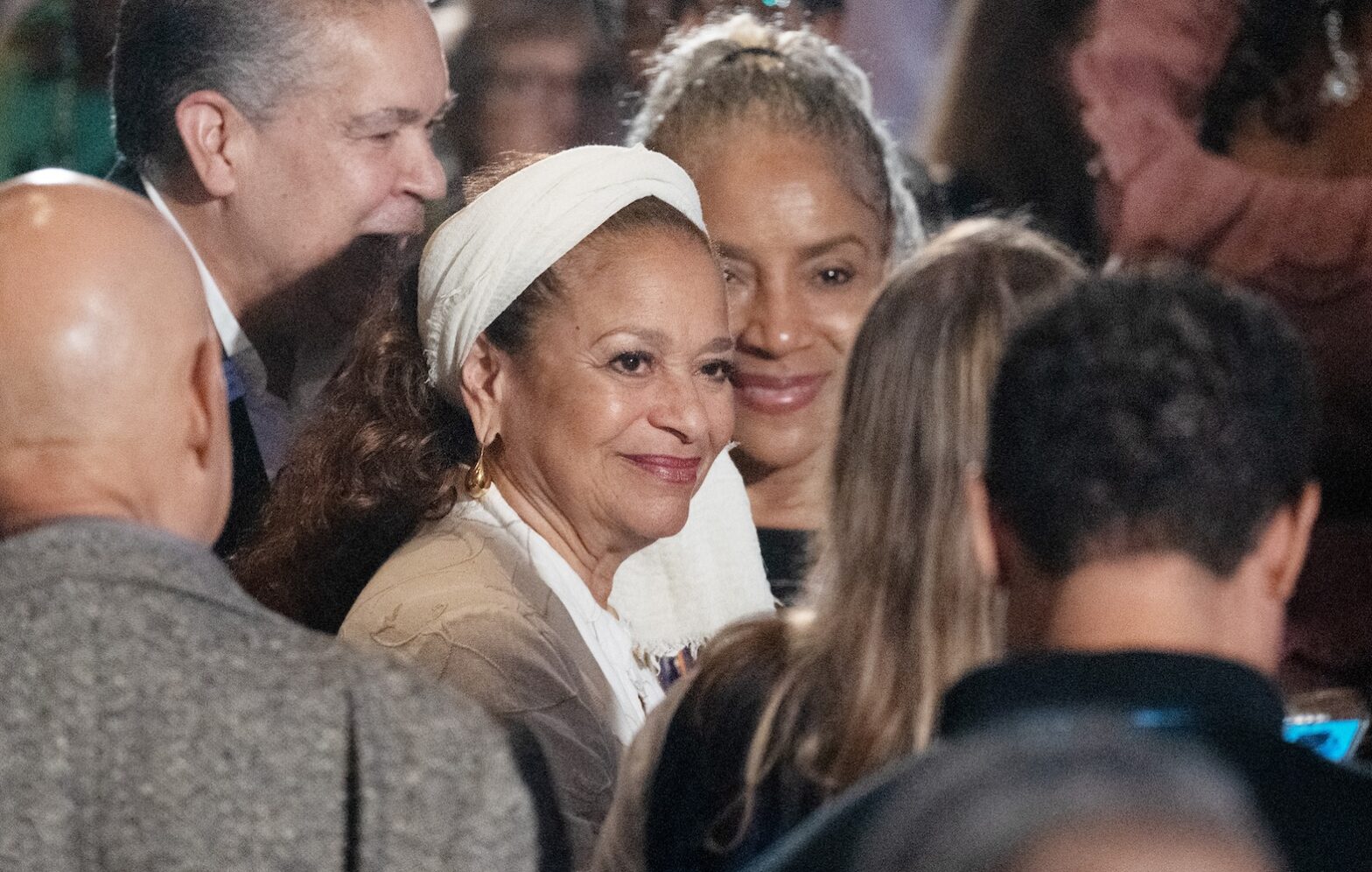Voters in Kansas City, Missouri overwhelmingly voted to remove Martin Luther King’s name from one of the oldest boulevards in the city.
Results from Kansas City’s latest election show that at least 70 percent of voters approved the measure.
It’s been a long-year battle between supporters of using Martin Luther King, Jr as a street name and those who oppose it.
The debate started less than a year ago after the city council approved renaming the street from The Paseo to Martin Luther King Boulevard. It was a goal that Civil rights leaders have advocated for more than a decade–ending the Midwestern city’s reputation as one of the largest U.S. cities without a street named after King, NBC reported.
But it was after the city council’s decision that arguments began on the 10-mile boulevard located on the city’s majority-black east side. Opponents argue that city leaders passed the name change without following proper city charter and failed to notify residents about their plans. They also claim the Paseo, the original name of the street is a historic name for the city’s first boulevard completed in 1899.
The City Council’s decision is what sparked a petition by The Save the Paseo group that collected more than 2,800 signatures of the 1,700 needed to have the name change put on the ballot for the public to vote for.
Supporters, however, argue that Save the Paseo is a racist and majority-white group that’s comprised of members who don’t live on the street. Martin Luther King Street advocates told NBC News “removing the name would send a negative image of Kansas City to the rest of the world and could hurt business and tourism.”
Opponents, however, said they are not racist and would like King to be honored in a different way.
Diane Euston, a leader of the Save the Paseo group, told NBC “The Paseo doesn’t just mean something to one community in Kansas City. It means something to everyone in Kansas City,” she said. “It holds kind of a special place in so many people’s hearts and memories. It’s not just historical on paper, it’s historical in people’s memory. It’s very important to Kansas City.”





